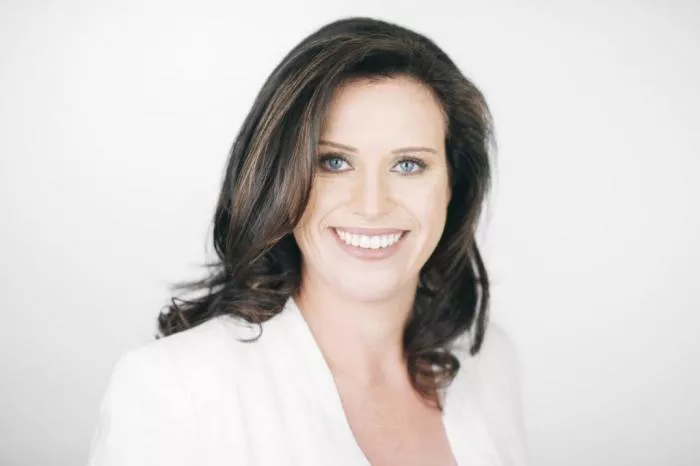As a seasoned hair colorist with nearly 20 years of experience, Megan Graham has valuable insights into choosing the right hair color for mature women. According to Graham, opting for lighter shades can significantly enhance a mature woman’s appearance, whereas sticking with darker hues may inadvertently highlight flaws.
In a recent YouTube discussion, Graham shared her expert advice on selecting the most flattering hair color for women as they age. She noted that many women tend to maintain the same hair color throughout their lives, often choosing darker shades they wore in their youth. However, Graham emphasizes that as our skin evolves, so too should our hair color.
Adapting Hair Color to Skin Changes
Graham explained that while dark hair may have been flattering in one’s teens, 20s, or early 30s, it may not be the best choice for later years. “What you have to remember is that your skin is constantly changing,” she said. “You want to choose a hair color that enhances your natural glow and helps to downplay any flaws.”
The shift to lighter shades doesn’t mean overhauling your entire look. Instead, Graham suggests making subtle adjustments that complement your skin’s current tone. “It doesn’t mean you’re trying to look like someone completely different. It just means choosing a color that gives you a bit more of a glow and a healthy look,” she added.
The Benefits of Lighter Hair
For those with naturally dark hair, Graham recommends lightening it by a few shades. “The color you had at 18 is almost always going to be a little darker than what works for you at 45 or 50 years old,” she noted. “Even at 30, your skin starts changing.”
According to Graham, a slightly lighter shade—typically no more than two levels lighter than your natural hair color—can enhance your overall appearance. This approach accentuates your natural beauty and can make you look more vibrant.
Avoiding the Blonde Trap
However, Graham warns against going too light. “It’s not about automatically dyeing your hair blonde,” she said. “In fact, going too light can sometimes have the opposite effect, making you look older and diminishing your natural glow.”
For women with dark brown hair, Graham suggests opting for a medium or light brown shade instead. This subtle change can improve your appearance without overwhelming your look.
Managing Hair Color and Skin Flaws
Graham also pointed out that dark hair colors can inadvertently accentuate skin imperfections. “When an older woman with more mature skin wears a darker color, it tends to bring out the flaws in her skin,” she explained. Dark hair against the face can make blemishes, pigmentation, or other imperfections appear more pronounced.
In summary, Megan Graham’s expert advice highlights the importance of adapting your hair color as you age. By choosing a shade that complements your evolving skin tone and enhances your natural beauty, you can achieve a more youthful and radiant appearance.


